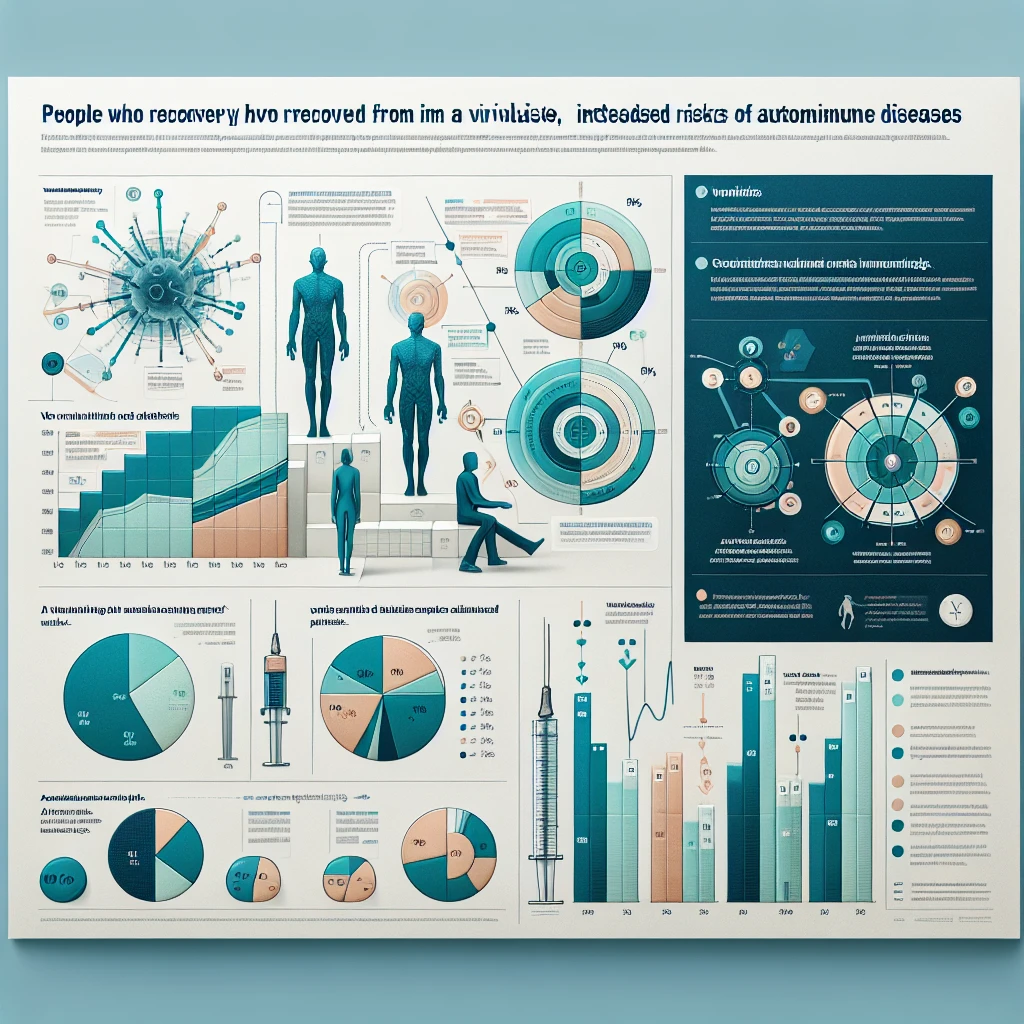
Mobile Phones - We can no Longer Live Without Them
Exploring the mobile phone's role in postmodern life, it highlights how it reshapes communication, social interaction and personal identity.
Editorial
Cellphones: Cornerstones of Modern Life
By Clementine Crooks
December 7, 2023

This scene repeats itself at coffee shops and restaurants where couples often spend more time interacting with their screens than each other. What was once perceived as odd behavior has now become commonplace - talking aloud while walking down streets or sitting on buses, transfixed by our phone screens.
The mobile phone has evolved into an indispensable tool, serving as both an anchor that grounds us in reality and a lubricant facilitating smooth communication across vast distances. It allows us to reach out to friends, family members, business personnel, emergency services, and others at nearly any place around the world at any given time.
Since Motorola's Martin Cooper made his historic call over the first cellphone back in 1973 proclaiming "Hi Joel! I'm calling on a cellphone", we have seen an exponential growth in reliance upon these gadgets for all aspects of our lives- be it speaking,texting,emailing,socializing or even watching videos. Regardless of age, gender,race or economic status , almost everyone seems tethered to this technology with only very young children,the elderly,and homeless being exceptions.
Our modern society thrives on telecommunication interdependence- there are currently more telecom subscribers than there are people residing within America’s borders.According to CTIA data from 2021 ,there were approximately 469 million wireless devices including smartphones,laptops tablets,watches etc.,signifying about 1.4 devices per person based off population estimates provided by US Census reports.This profound shift towards telecommunication dependency began with Alexander Graham Bell's pioneering work developing telephone technology during America's 'modern' era, which saw the nation double in population and emerge as an industrial powerhouse.
However, despite the ubiquity of telecommunication services today, few Americans are aware that the U.S. lags behind other developed countries in terms of telecom infrastructure. The Organization for Economic Co-operation and Development (OECD) ranks the U.S. 32 out of 38 countries in fiber deployment; it also trails several nations in mobile and broadband speeds.
Furthermore, American consumers pay more for these inferior services compared to their counterparts elsewhere. In addition to overpriced service fees, hidden charges such as "Subscriber Line Charges," "Inside Wire Charges," or miscellaneous extras like "Call Waiting" or "Caller ID" further inflate monthly bills.
The digital divide is another critical issue facing our society - millions lack basic internet access due to poor infrastructure development resulting from 'digital redlining.' This has left pockets throughout both urban and rural areas without adequate telecom services leading to educational inequities and limited opportunities among affected populations.
Additionally,the pervasive tracking capabilities utilized by telecom companies have turned users into commodities whose personal data is sold off indiscriminately.This raises serious privacy concerns that need addressing by appropriate authorities
In its current form,the wireless technology we utilize has undergone five phases ,with each generation seeing significant improvements.The latest iteration known as “5G” was first developed by South Korea back in 2008 ,and made its debut within US markets a decade later courtesy Verizon.However,this new tech demands increased density of cell transmitters thus posing challenges related to installation logistics
Sadly though,the benefits promised through this next gen tech seem more attuned towards marketing gimmicks promoting deregulation rather than actual public utility.In fact,rather than accelerating fibre deployments ,the ceaseless promotion surrounding '5G' seems aimed at reducing them thereby leaving us stuck with sub par connectivity options
As we navigate this postmodern era dominated by big tech,it’s important not just marvel at the technological marvel that smartphones represent but also understand their implications within our society. These devices anchor us to a digital reality while opening up myriad opportunities and experiences.However, they also expose us to risks from data privacy violations ,economic exploitation and social inequities .Therefore it's crucial we strive for better regulations ensuring equitable access, fair pricing and robust privacy protections as we continue advancing into this brave new world of interconnectedness.
LATEST ARTICLES IN Editorial
NBA Refutes LGBTQ Rights Condition in $150bn Samoa Deal.
PAHO Grants Six Countries Funds to Combat Diseases.
Azerbaijani Public Opinion on Peace Agreement.
Rare UK Rainforest Beetles Undertake Lengthy Journeys.
Join Our Newsletter
Popular Articles
-

Mar 13, 2024
Anyone But You - A Romantic Comedy Surprise of 2023 -

Feb 01, 2024
AI Company About to Revolutionize the Medical Space? -

Mar 20, 2024
COVID-19 Survivors at Risk for Autoimmune Diseases -

Jan 27, 2024
Get Rich in a Year with These 3 Coins!




